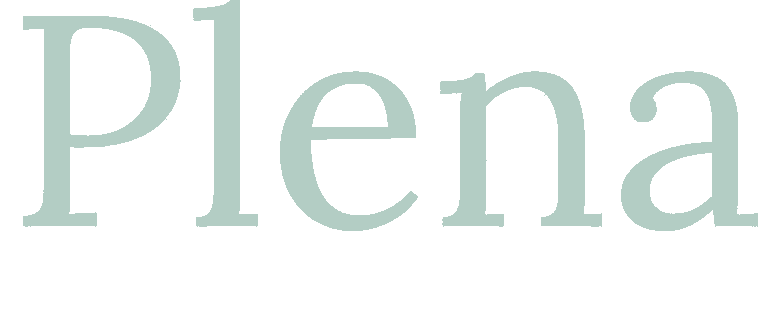Child and Adolescent Partial Hospitalization (PHP) and Intensive Outpatient (IOP) Programs
Whole Child Approach
What do we mean when we say the whole child approach?
In recent years, mental health issues in young people have become more prevalent and complex, requiring a higher level of care than traditional outpatient therapy can provide. At the core of Plena’s PHP and IOP is a deep commitment to understanding why traditional treatment is not always enough to help our children thrive.
After years of work in child and adolescent psychiatry, the leaders at Plena created developmentally and clinically appropriate, intensive programming for children, teens, and tweens. Based on recommendations from The American Academy of Pediatrics, Plena utilizes a
whole child approach to address mental health issues in children and adolescents – emphasizing the importance of considering a child’s physical health, family environment, and social context when making treatment decisions.
The whole child approach in psychiatry, psychology, and therapy is a comprehensive and integrated way of assessing and treating mental health issues in children and adolescents. It focuses on not just on the presenting symptoms, but on all aspects of physical, emotional, social, and cognitive
development. This approach is different from more traditional PHP and IOP approaches. At Plena we understand that mental health disorders and diagnosis often come with comorbidities that don’t always respond to a predetermined path or rigid framework.
In order to deliver a whole child approach, we use evidence-based, modular therapies delivered in an intentionally small therapeutic
milieu or environment. Modular approaches are flexible and personalized approaches that acknowledge mental health disorders are complex and multifaceted, and there is no one-size-fits-all treatment plan. This approach recognizes that mental health disorders often involve multiple domains of functioning and that treating only one aspect may not be sufficient.
The Plena team identifies the unique and specific needs of each child and creates a personalized treatment plan to help the child thrive. We believe in maintaining the fidelity of all evidence-based practices used during programming. This specialized approach makes us well equipped to address the specific challenges that young people face and provide the best possible outcomes for each child.

Contact Information
Email: info@plenamind.com
Phone: 847-562-5612
Address: 1450 Techny Road Northbrook, IL, 60062
Fax: 847-562-5613
